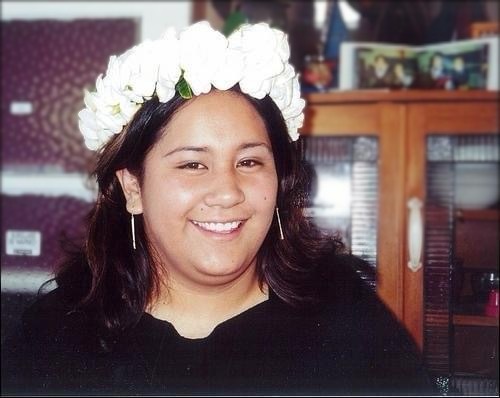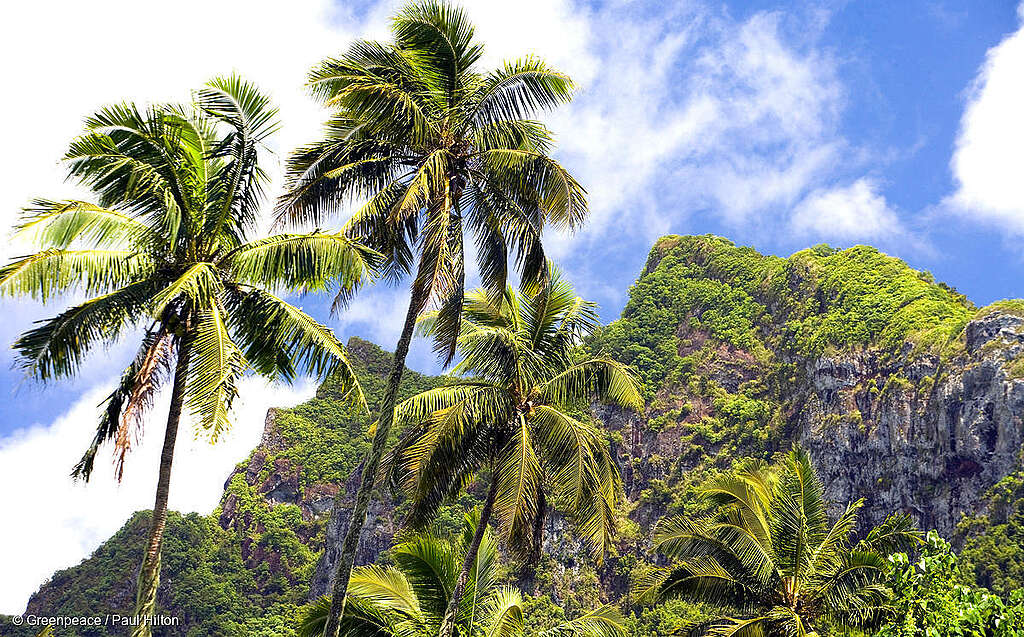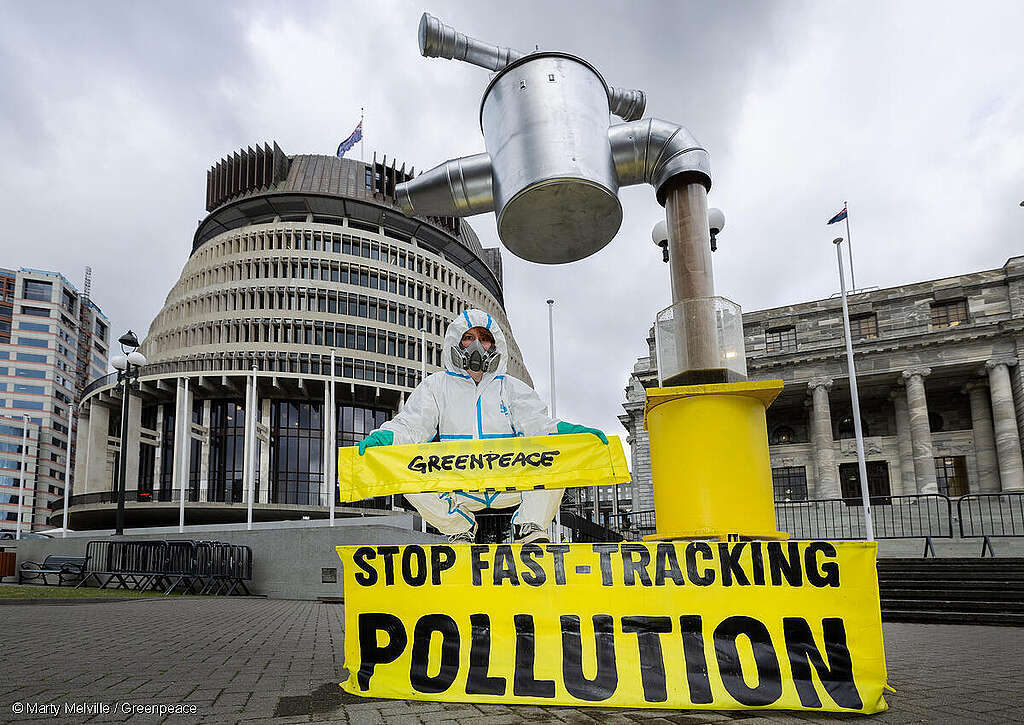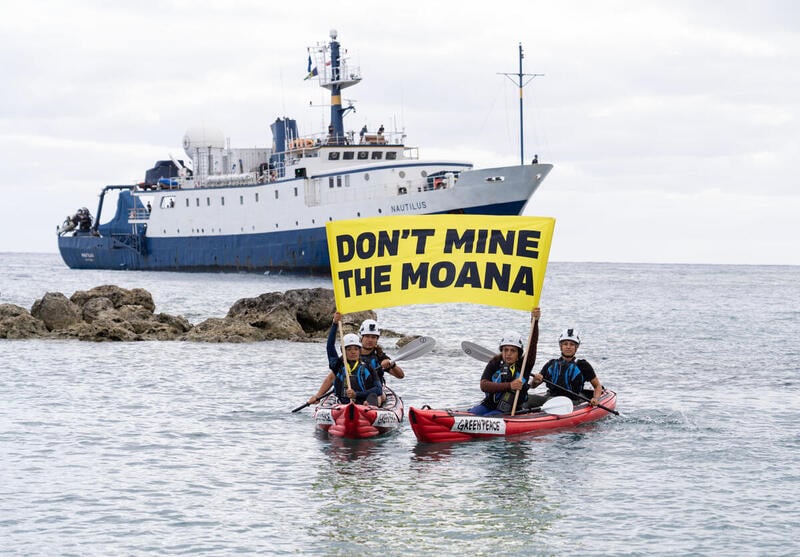Teia te ‘Epetoma o te reo Māori Kūki ‘Airani. It’s almost the end of Cook Islands Language Week, and I am deep in reflection.
My dear Nanna and Grandad were born and raised in Rarotonga. My Nan, a Paitai from Tupapa and my Grandad, although he carried his Tahitian father’s name, was a Va’atau from Ngatangiia.
For me, this week is fraught with complex feelings about my heritage, what this week means, and how it sits in my puku to be a non-speaking, diasporic Rarotongan Māori in Tāmaki Makaurau. Not to mention the discomfort of writing something for our language week, in English!

Colonisation did a real number on my ancestors. They internalised a belief, then raised my mother and her siblings upon that belief, that their English language competency should be prioritised over Māori, because job opportunities would prefer it and because of judgement and ridicule from white people. Every day after school my mother would have to read some pages in her dictionary, and my grandfather would test her. Growing up, I also had a grammar jar, where I could lose some of my pocket money.
Funnily enough, my grandparents themselves spoke Rarotongan Māori all the time! The reo I do have is all around commands, chores, family life, food, conversational basics…
Our language week has been tied to the anniversary of when the Constitution took effect on 4 August 1965, when Cook Islands became a self-governing state ‘in free association’ with New Zealand. I often wonder if there is a more appropriate event in our history that we could memorialise with the celebrations that happen in this week, every year. Something that celebrates our culture and resilience, or perhaps marks great accomplishments of our ancestors. Something that is not so influenced by colonialism, where another culture isn’t casting shadows over our own.
I am so proud to be a descendant of Tupapa, and Ngatangiia. But the regret and sadness of not having my reo is ever present. I lived some months in Rarotonga with my Nan, and the second I stepped off the plane she began homestyle immersion lessons! I’ve also done more formal learning, evening classes with my brothers, and classes with a much bigger group of my ‘anau. Mum, my aunties and some cousins… these were all joyful, healing experiences. But it is likely I will be a beginner level learner for the rest of my life. And I am constantly making amends with myself that even without my reo, I am enough.
I’m a parent now, of tamariki who are also non-speakers but with ties back to Rarotonga nonetheless. And the pull on these ties is always felt. A while ago I wrote about honouring Te Wiki o te Reo Māori, about how reclamation of language can be a pathway to protecting Te Taiao. I stand by every word! Our language, customs and the ways we see the world, are connected. And learning my heritage languages teaches me so much about who I am, who my ancestors are, where I come from, and how we think, believe and act.
But I believe the reverse can be true, too, and if I can look after my kāinga (home): that is, the ‘enua (land), the moana (ocean), I am providing a pathway – a sense of duty but also a right – through which my kids can feel that connection to Rarotonga, always, and will go back.

We understand that our kāinga is more ocean than land. And we’ve learned enough about ourselves and our history to know that the moana has been the scene, the centre, the conduit of Pacific philosophy and Pacific Indigenous knowledge. The moana is a treasure and is key to who we are. The moana needs protection, and we must be the ones leading this protection.
Right now Pacific civil society groups in the islands as well as Pacific Peoples in the diaspora are fighting to protect the ocean and all the life it holds and supports from deep sea mining.
The Cook Islands are currently in the third year of a five-year exploration phase, to see if mining is viable and if the government should approve mining licences to wannabe mining companies. That the Cook Islands has the sovereign right to do so, is a fair statement. And it’s also fair to consider the local economy. But so many depend on the health of the moana to survive – human and wildlife – for food, habitat, livelihoods. Tourism and fisheries.
Colonial, extractive industries throughout the world for hundreds of years now have proven mining to be unsustainable, unjust, racist, dangerous and benefitting just a few with short term profits with impacts that are often irreversible. There are better ways to look after our people. We can’t listen to industry greenwash that we need to mine the seafloor to a low carbon future, or to save problematic mining elsewhere. We must stop deep sea mining before it starts.
This year’s overarching theme for Pacific Language Weeks is ‘sustainability’. Cook Islands Language Week theme is: “Ātui’ia au ki te vaka o tōku matakeinanga – bind me to the vaka (canoe) of my people.” This is the perfect challenge for my ‘anau, to ensure those bonds keep us connected to a healthy kāinga for many generations into the future.




